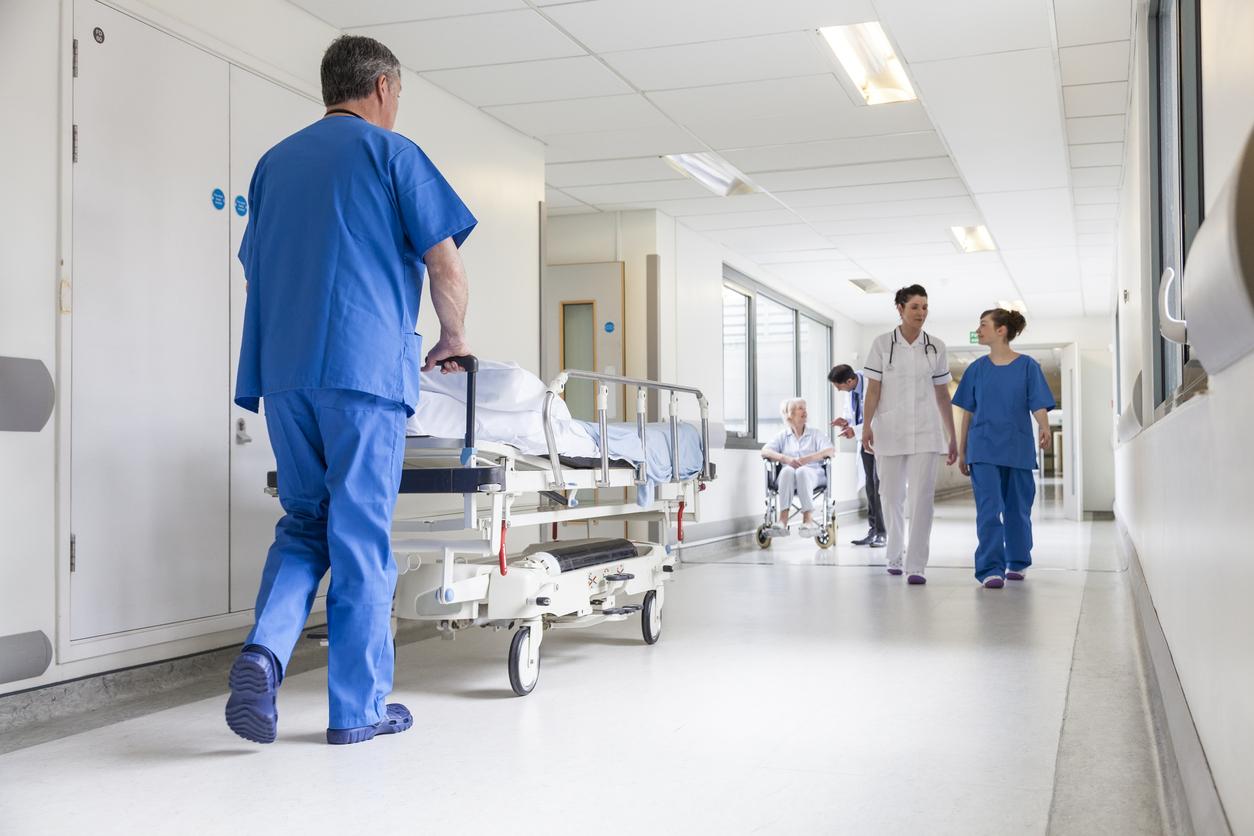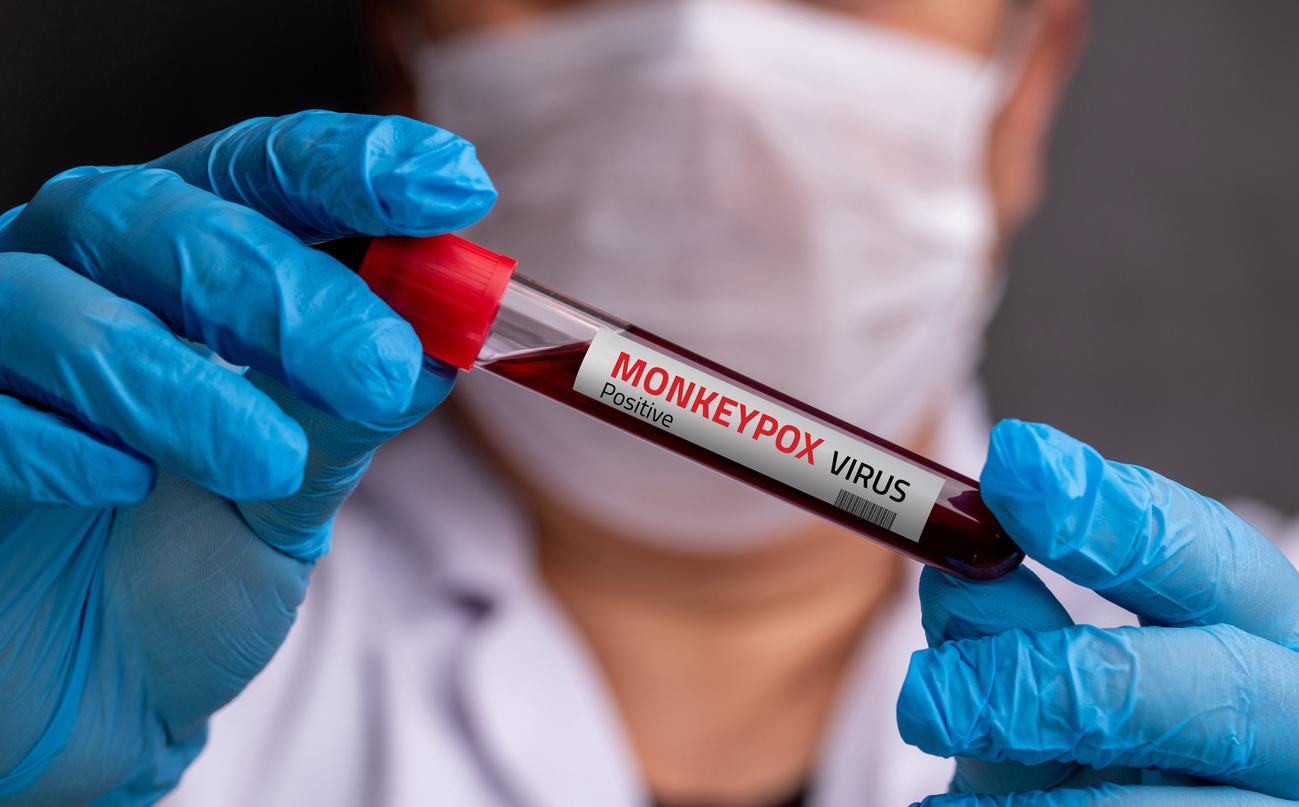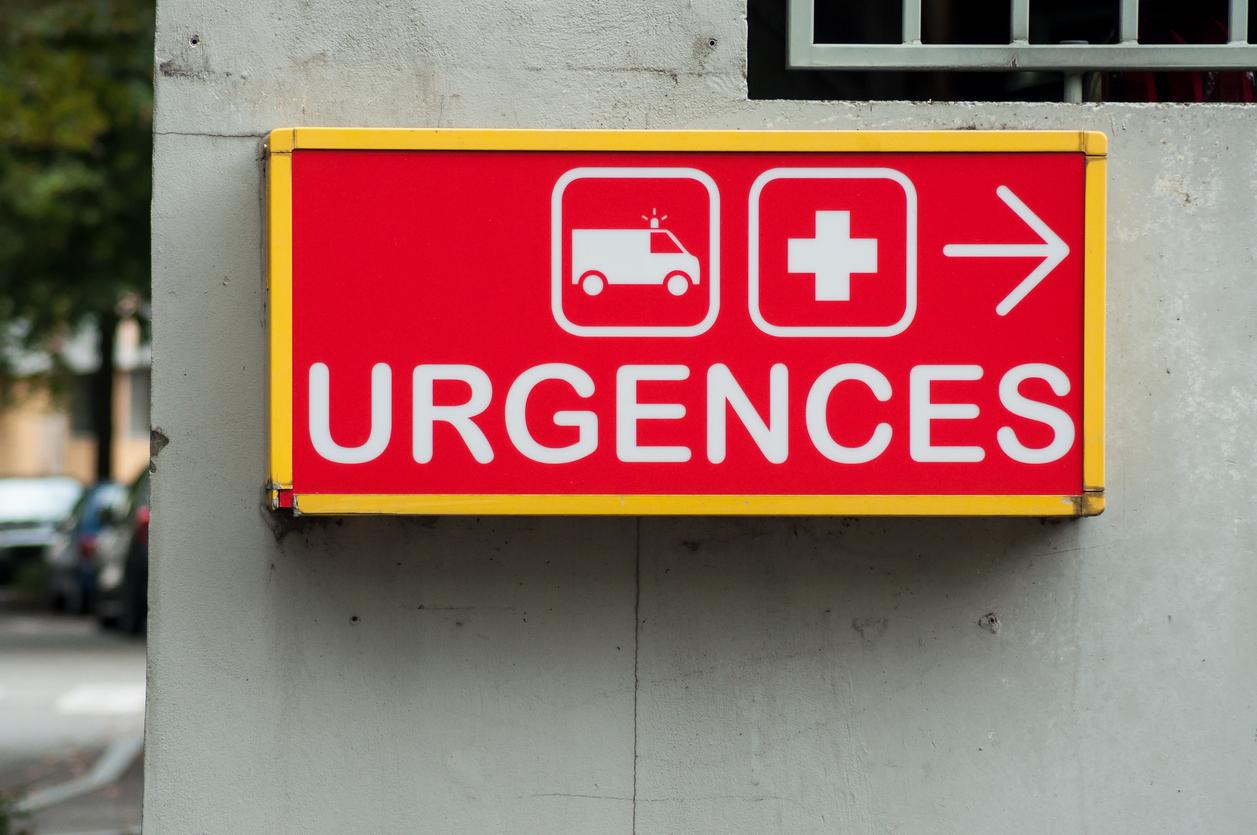More than a year after his arrival at the head of the AP-HP in July 2022, Nicolas Revel was the guest of the program “La Santé en Questions”. Questioned by Dr Jean-François Lemoine and Professor Jean-François Bergmann, he announced the first measures intended to bring the workforce up to standard. Objective: reopen beds.

- In a context of public hospital crisis, the AP-HP must face a shortage of caregivers and a deficit which in 2022 amounted to 300 million euros.
- The AP-HP is the largest hospital structure in France and welcomes more than 8 million patients each year in its 38 establishments in the Paris region.
- Nicolas Revel, its general director since July 2022, announces a plan to revive attractiveness in order to reopen beds and return to financial balance.
It is the largest hospital structure in France, welcoming more than 8 million patients each year. But like the entire public hospital, the AP-HP, with its 38 establishments in the Paris region, is going through a crisis which is resulting in a shortage of caregivers and the closure of services. An update on the situation and ongoing changes with Nicolas Revel, its general manager since July 2022.
1) The situation of the APHP: “We are not in the state we should be in”
Over 4 years, the AP-HP experienced a 12% drop in the number of nurses, which represents 1,700 fewer people and resulted in a loss of 10 points in care capacity with 1,800 beds lost. “It’s a provincial university hospital which disappears from the Ile de France health map!”explains Nicolas Revel, and the boss of the AP-HP deplores the impact of this situation on the care of patients: “Today we have the needs of patients who are knocking on the door for care, medical monitoring, for surgical operations and it is a real subject. We see everywhere things which do not correspond to the standards of a hospital that functions well, a hundred stretcher beds in the emergency room, this is not normal, we are not in the state we should be in”.
Furthermore, the AP-HP presented a deficit of 300 million euros in 2022: “How do we get out of there when we have to increase the healthcare workforce?”asks Nicolas Revel who recalls having asked the government financial support of 750 million euros over 5 years to return to balance, “recruit, invest and redo activity”.
The first actions implemented should make it possible to increase nursing recruitment by 20% in 2023 compared to 2022. “Over the first 9 months of this year, we recorded 13% fewer departures, which will allow us to reopen 400 beds, the equivalent of a small hospital”notes Nicolas Revel.
2) The state of mind of caregivers: “A totally worried community”
The first contacts with the teams during which management recorded “a billion things going back” revealed a deep unease among health professionals. “I found a community of doctors, nurses and executives totally worried about an infernal spiralthe tension in the workforce which leads to requests for overtime which themselves generate absenteeism which requires recourse to temporary work which in turn gives rise to additional departures”underlines Nicolas Revel.
3) The subject of remuneration: “100 million over 5 years for caregivers’ housing”
The staffing problems at the AP-HP are closely linked to the subject of remuneration. “There was a strong increase in salaries at public hospitals at the time of the Ségur de la santé, recalls Nicolas Revel, eight billion euros invested, but it is a general increase, for all of France, and we have a salary problem in Ile de France due to the cost of housing and transport”.
And on this subject of remuneration, it is difficult to provide a quick answer: “The staff of the public hospital are part of the public hospital service and we do not have the possibility on the scale of a hospital, however large it may be, to increase salaries, these are national decisions which apply to the whole of France”, specifies the boss of the AP-HP.
The choice was therefore made to play on the levers which concern the particularities of Ile de France, housing and transport. For the latter, better coverage of costs has already been initiated. But it is on the housing of caregivers that the main efforts already decided are focused: “An exceptional envelope of 100 million over 5 years will make it possible to go from 600 to 1,200 housing units by 2023 near establishments or transport lines”.
4) Working conditions: around the 4-day week
For Nicolas Revel, the AP-HP must regain an attractiveness allowing it to have “more recruitment and ensuring that new staff stay and do not leave in the next 3 or 5 years”. Hence the need to adapt working rhythms while nurses and caregivers currently work 7.5 hours per day and 5 days per week. “Many aspire to work more every day but come less often”, remarks Nicolas Revel. A first approach was imagined, that of 12-hour days over 2 or 3 days per week. “It is highly sought after by young people but it is not a panacea”he believes, affirming a desire to “diversify solutions”.
For this, the boss of the AP-HP is proposing a pace of 9 hours of work per day over 4 days per week, with all staff on the same team not working on the same schedule. “The 4-day week attracts newbiesit’s less tiring and the different timetables allow morning and afternoon shifts to overlap, ensuring better collective work.”explains Nicolas Revel, announcing that of the 800 AP-HP services, 70 are already engaged in this new mode of operation.
5) The organization of the AP-HP: “Giving decision-making power back to the services”
The AP-HP, a bureaucratic labyrinth? Nicolas Revel explains that he never sought to initiate a super-reorganization of the structure. “Middle management layers are inevitablethe AP-HP cannot directly manage 38 establishments, things can be usefully done at this level”he underlines, believing that many caregivers are however unaware of the complexity of this organization and that the benchmark that matters most to them is the service: “This is where there is an identity which is precious but a lot of decision-making power has been taken away from it, we must give this decision-making power back to the services“.















